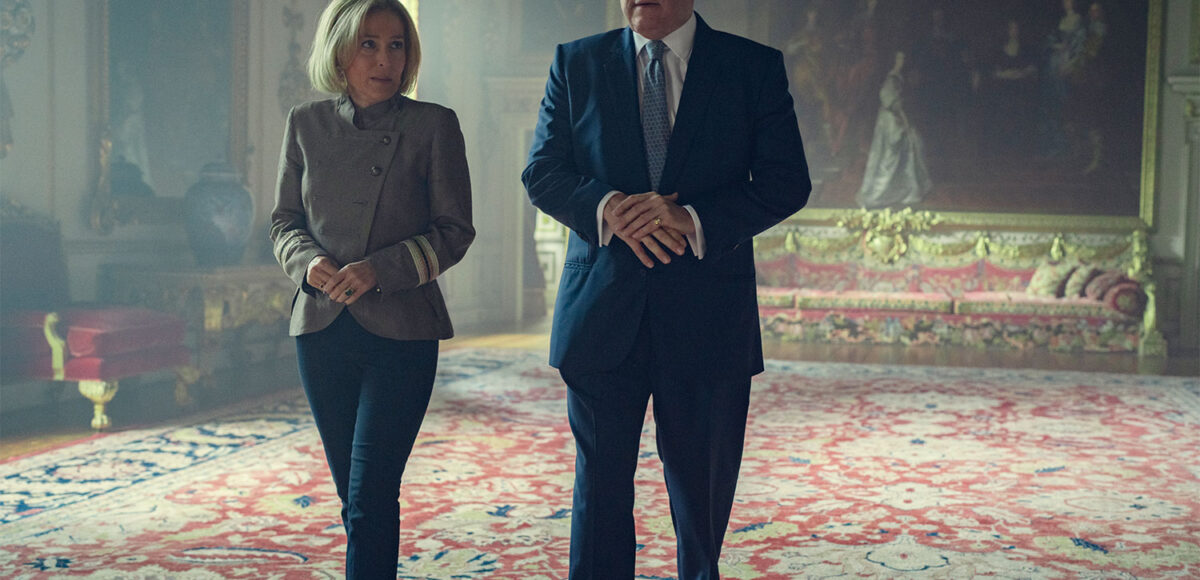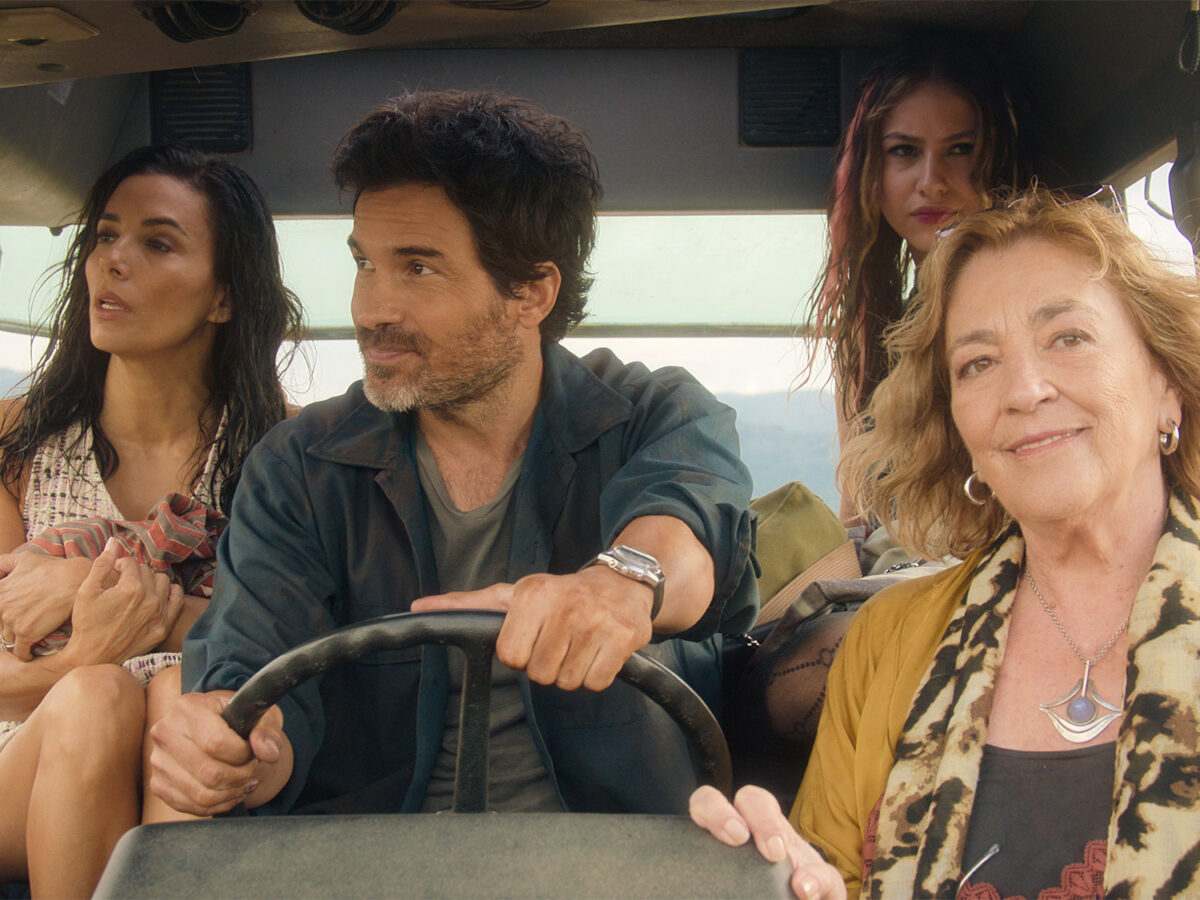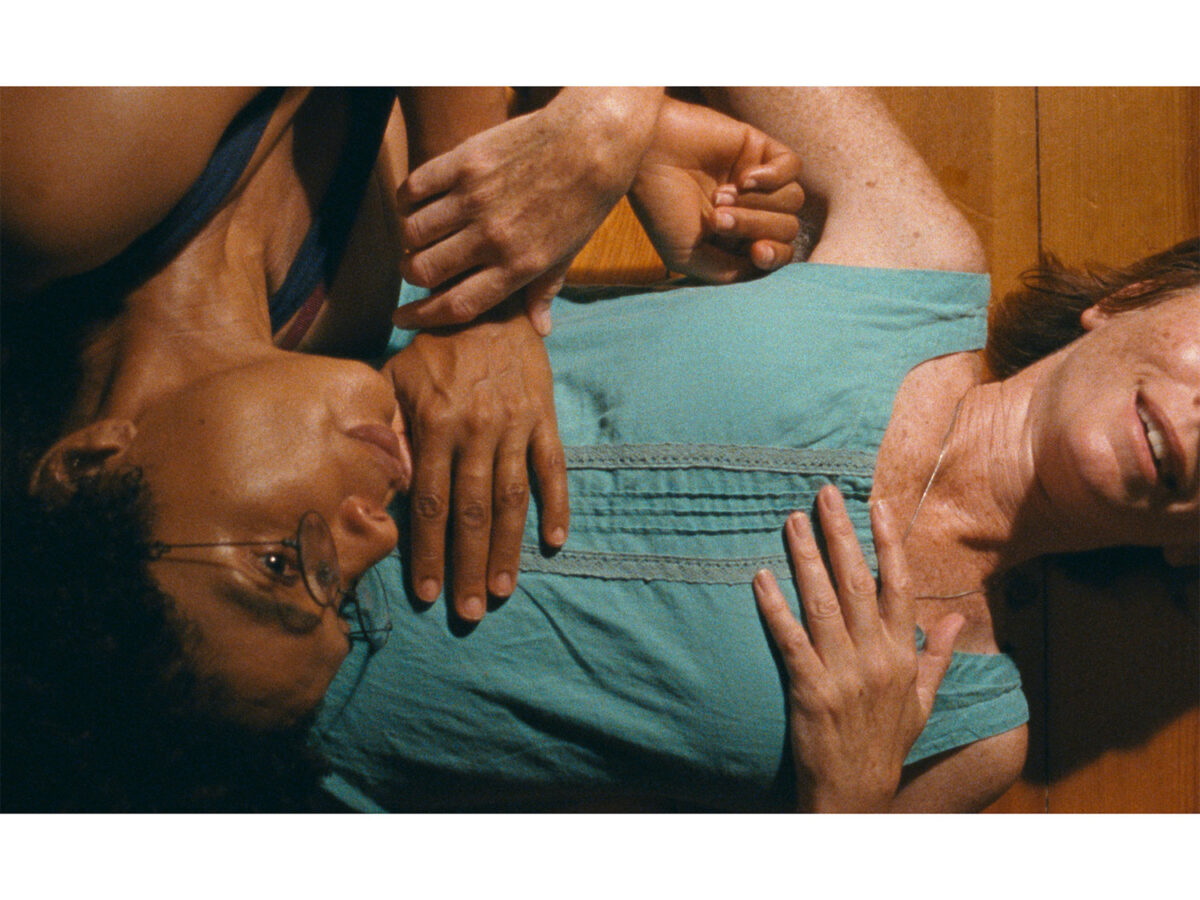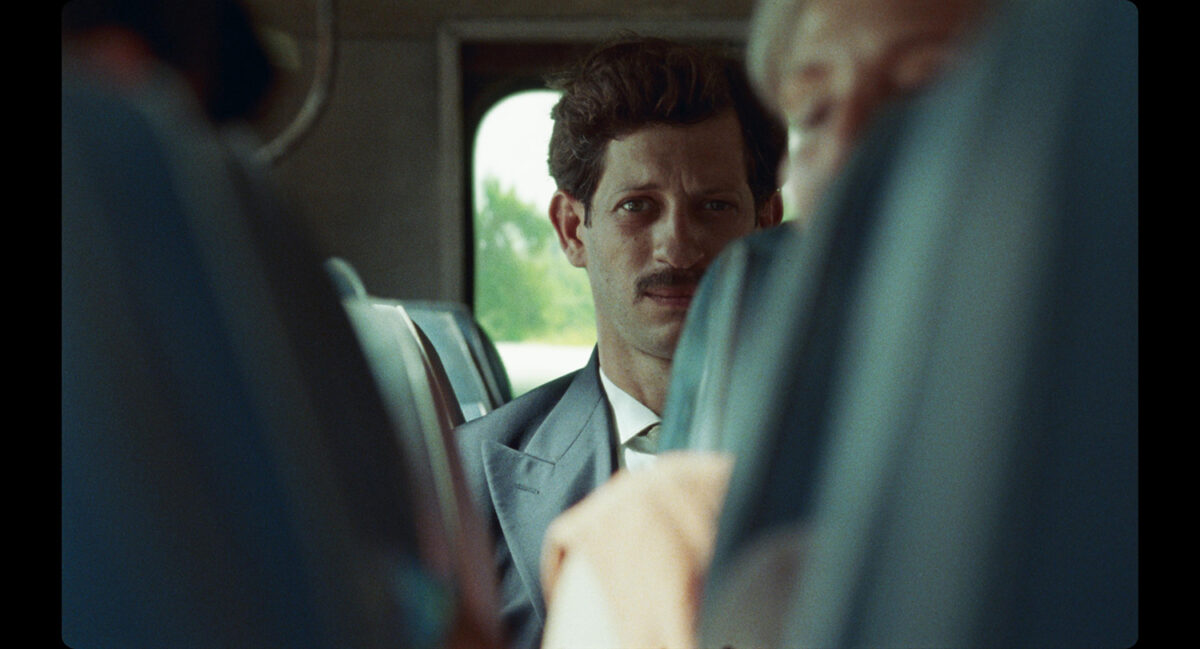“Scoop” is an attempt to tell the shattering story of how an intrepid BBC producer, Samantha (Sam) McAlister, scored the interview that brought about the staggering fall of Prince Andrew of the royal House of Windsor. This interview caused a tsunami of damage for the royal family and the lead-up to the “get” is a story in itself.
Opening on an investigative photojournalist tracking Prince Andrew, the Duke of York, in New York in 2010 as he is seen leaving the 5th Avenue apartment of Jeffrey Epstein, he takes a photo that establishes a relationship that will continue to haunt him. Epstein, the infamous billionaire whose first conviction and prison sentence for sex offenses did little to curtail his entrée into the lives of the rich and famous, Bill Clinton and Bill Gates among them. Although there was a brief stir for Andrew at the time, like a Teflon coating that surrounded some members of the royal family, he seemed to survive this public brush with scandal.
It is now 2019 and turmoil rules the airwaves at the BBC. The possibility of massive cutbacks has just been announced and no division will be spared. Taking a step into the competitive BBC “Newsnight” newsroom where stories are pitched and tension is high, Sam McAlister, Vuitton bag at her side, slides into her seat, late as usual. She books the guests and produces those segments, but they all know they need a coup. Her colleagues show nothing but disdain for her out-of-the-box suggestions. Elitism and snobbery rule the roost and Sam doesn’t fit into their idea of journalism. But all the regulars can come up with are the same old stale celebrities and yesterday’s news. What they need is something no one else has. Sam is intrigued that the photos of Prince Andrew from 2010 have never disappeared and now there are two new wrinkles. One, his friend Jeffrey Epstein committed suicide in prison before he could testify in his latest sex trafficking trial; and two, allegations by Virginia Roberts Giuffre that she had been trafficked by Epstein and his partner Ghislaine Maxwell to Prince Andrew when she was underage.
This, Sam knows, is the story and working surreptitiously, she starts making calls to people who knew people who were close to people who might be of help to get him on the show. Coincidentally, the Palace knows that damage control needs to be done and has hired an expert in the field. They barely survived the Princess Diana scandal and this one may actually be worse. The prince, ever cavalier, is open to suggestions but trusts his Chief of Staff Amanda Thirsk more than this outsider.
McAlister, through a labyrinthine network of contacts, is able to reach Thirsk with her “Newsnight” proposal. Give the Prince an outlet. He’s interested in talking about his new project, Pitch@Palace that brought together young entrepreneurs with seasoned investors, something of a royal “Shark Tank.” He and Thirsk are certain this will help repair his image and show the country he’s a great guy and incapable of the accusations swirling around him. McAlister, savvy and smart, even if a bit rough around the edges, thinks that’s a great idea but nothing will be off the table. When Mr. Damage Control learns of this meeting, he promptly quits. He’s no fool even if they are. The next meeting is with McAlister, the senior producer of “Newsnight” and their storied on-air reporter, Emily Maitlis. Unless you’ve been living under a rock, you know how this interview went for Prince Andrew. His oft times hilarious explanations, his clueless demeanor and hollow denials did not convince the world of his innocence or “everyman” relatability. Never did his various nicknames, “Randy Andy,” “His Royal Slyness” and “the Duke of Porkies” (a porky is a lie) seem more apt.
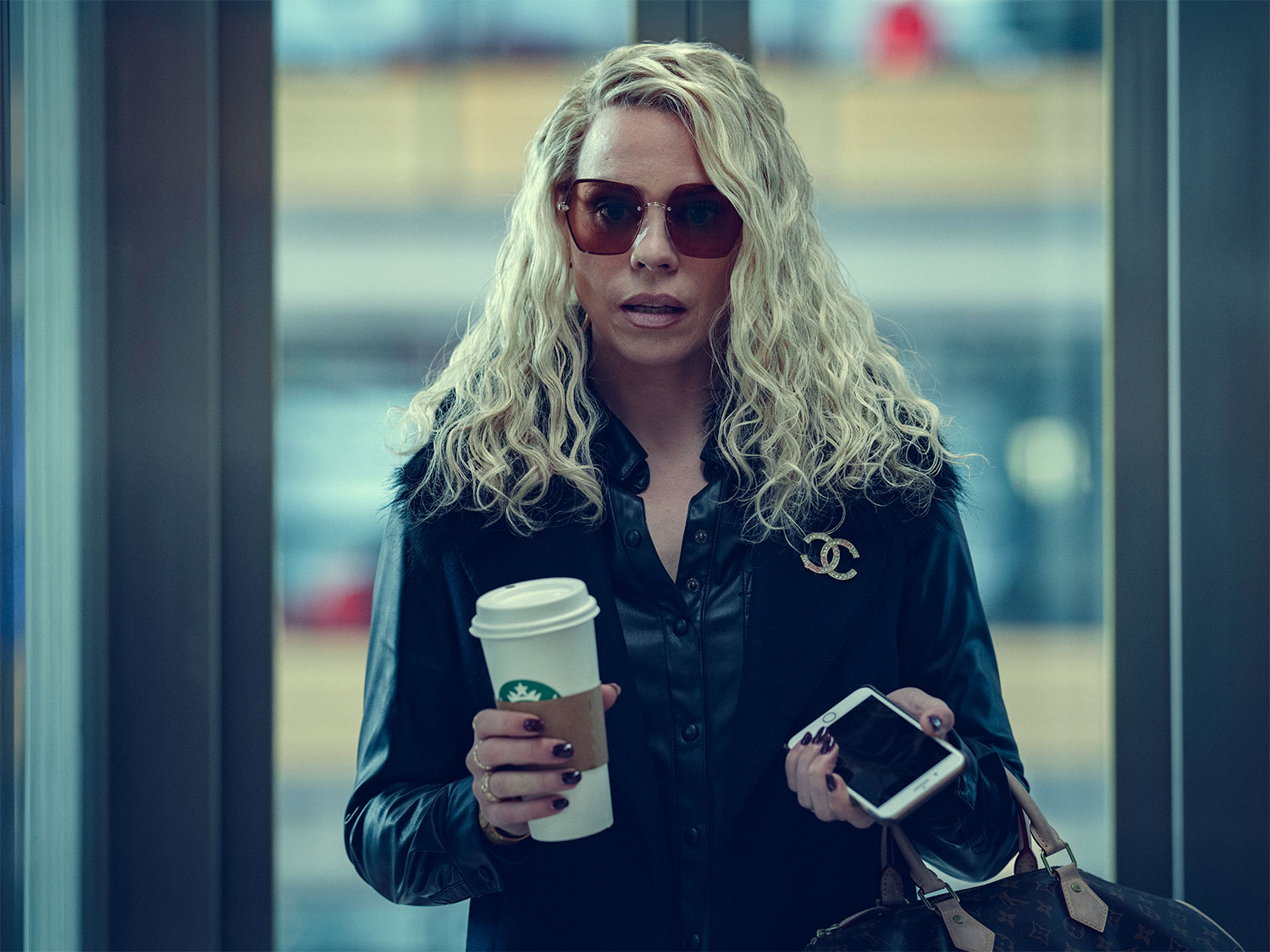
Photos by Peter Mountain, courtesy of Netflix
So that’s the story that “Scoop” set out to tell. None of this is a spoiler alert, it’s well- documented in multiple sources. McAlister even wrote a book called “Scoops,” although it’s not credited as the underlying material for the Netflix series. This should have been a thrilling backstage look at one of the biggest stories in a decade. It’s not. Flattening out this tale was close to criminal because it’s not just the story that was squandered but a cast of phenomenal actors known for their ability to shock and awe.
Poor Lia Williams as the head of the network is relegated to two inconsequential, distracting scenes. The first, as she announces companywide cutbacks that should have contributed to tension in the newsroom and the second as Sam and the producers interrupt her at the Opera to tell her of their interview coup. What was the point? It contributes nothing of substance to the story, and could have been handled quite well expositionally. For instance: “There will be cutbacks so we’d better make sure we’re untouchable,” and “Did the boss say we could go forward with the interview?” The character was unnecessary and worse, it stopped momentum.
Billie Piper plays Sam McAlister. Alluded to but never established was that Sam’s struggles in the newsroom were born of classism. Her plaited blonde hair is an effort to make her look like the real Sam but her perpetually troubled expression is supposed to allude to her inability to gain ground and respect in the workplace. Her inappropriate flashy dress and accent that wavers between posh and working class are as much development as you’re going to get. There is no effort to fill out her character. The look of self-satisfaction at entering the grounds of Buckingham Palace is supposed to be a signal to the audience that she’s finally arrived. Only a random comment made by her mother, the always fabulous Amanda Redmond in a tiny role, establishes that she’s come a long way and she needs to stand up for herself. Piper is a wonderful actress but couldn’t break through in a stiff role without substance.
Keeley Hawes (Amanda Thirsk) does a bit more in her role as the Prince’s chief of staff. Still, a bit more isn’t quite enough. Nevertheless, what can be surmised from her deer-in-the-headlights expression is that she’s out of her depth and looking for recognition. There should have been palpable tension when she overrides the publicity expert and agrees to a television interview. Her self-satisfaction does not melt thoroughly enough when everything backfires.
Gillian Anderson portrays Emily Maitlis, the ace newscaster. Her character is defined more by the dog she drags everywhere than by the steel she should be made of. She looks marvelous, as do all the other actors, but this isn’t about design, hairstyles and appearance; it’s about the tension that should have surrounded the “get” of the decade. Her delivery during the interview is so soft and subtle that many of the questions are lost. Expositionally, it is up to the character of Sam McAlister to explain this approach to her colleagues, something that should have been self-evident.
Rufus Sewell, as Prince Andrew, makes the most of his character, but it’s still a snack and not the three-course meal it should have been. He’s cluelessly charming, refers to the Queen repeatedly as Mummy and digs a little hole with some of his answers. But that hole should have been 6 feet deep. At the end of the interview, you are left scratching your head. His answers were foolish, bordering on moronic. The enjoyable parts were his explanation of how he was physically incapable of sweating due to an adrenaline overdose during his time serving in the Falklands War. He repeatedly denied knowing or having encountered Virginia Roberts Giuffre. A lack of empathy, perhaps; criminal behavior? Hardly or at least not as portrayed on screen. As presented here, the public’s reaction on social media seems out of balance with the revelations in the interview as presented. That is not to say that lack of empathy, smugness, self-satisfaction and obfuscation of known facts isn’t worth his cancellation, but why is this different than everything already known about him? The interview as seen in this movie blands out the drama. Put another way, there was no drama and it should all have been drama.
It’s possible that there were “life rights” issues. These characters were based on real individuals and they may have exercised their right to whitewash some of the action. I don’t know, but it’s possible. With the character of Andrew, he’s a public figure and has less protection. The interview put his own words in the mouth of the character playing him.
So where do I point the finger on this? Right smack at the writer/director, Philip Martin. As a writer, he failed to develop his characters and supply the rationale for the tension they felt with each other and the workplace. He didn’t tell the parts of the story that weren’t known at the time. The interview was probably verbatim as moderated by Emily Maitlis and responded to by Prince Andrew. But where was the drama that should have highlighted the stakes? The pacing is slow, dimming any dramatic effect that might have been found in the conflicts, both on air and in the studio. Rather than allowing the Prince’s obtuseness to damn him, it is the finale, showing some of the reaction found on social media that seems to have sounded the death knell to his career as a working royal. Chyrons at the end are used expositionally to divulge the outcome rather than find a way to dramatically illustrate his downfall, although not all are correct. Prince Andrew, the Duke of York has been stripped of all royal duties and has lost his patronages. He has not, contrary to the chyron at the end, been stripped of his royal titles. He is still entitled to be called His Royal Highness, although this is used in private at this point. He is still the Duke of York, Baron Killyleagh and the Earl of Inverness.
This is very much the movie that could have been, should have been. We all know the outcome, we just didn’t know the lead up and we still really don’t.
Now streaming on Netflix.
Neely Swanson spent most of her professional career in the television industry, almost all of it working for David E. Kelley. In her last full-time position as Executive Vice President of Development, she reviewed writer submissions and targeted content for adaptation. As she has often said, she did book reports for a living. For several years she was a freelance writer for “Written By,” the magazine of the WGA West, and was adjunct faculty at USC in the writing division of the School of Cinematic Arts. Neely has been writing film and television reviews for the “Easy Reader” for more than 10 years. Her past reviews can be read on Rotten Tomatoes where she is a tomato-approved critic.



